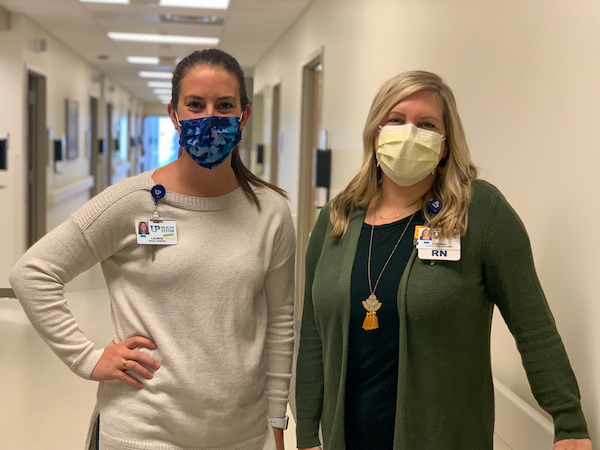Committed to Coordinating Care for Patients | UPHS – Marquette Care Management
October 8, 2021
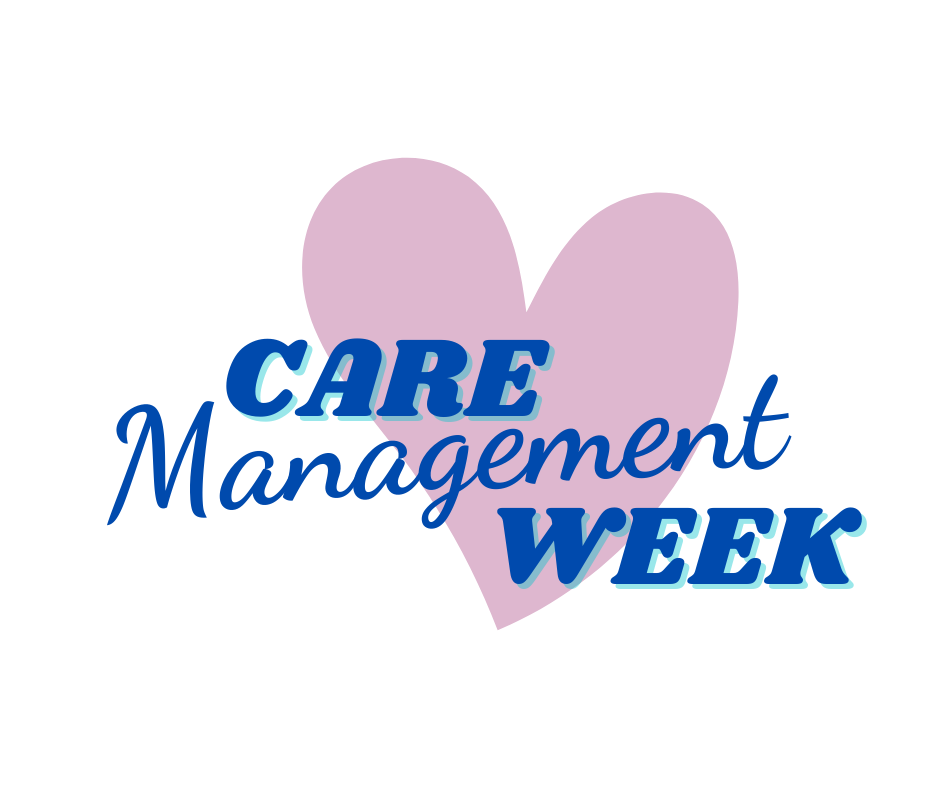
It takes a multidisciplinary healthcare team to oversee quality patient care, from admission to discharge. When it comes to coordinating the overall care for patients at UP Health System — Marquette, that responsibility falls to the Care Management Department. This week, we’re celebrating National Care Management Week, an opportunity to recognize staff with this vital role within the hospital.
Overall, this department is responsible for making sure the patients have everything they need when they’re ready to go home. Care management for patients can include:
- Reviewing cases for medical necessity
- Ensuring payer authorization is obtained from referral source prior to surgical procedures
- Focusing on quality of care
- Contacting insurance companies to obtain authorizations for admissions.
- Reviewing the patient’s admission status, which is an integral part of Utilization Review
- Continually provide coordination and communication between patients, families and health care providers
- Discharge planning
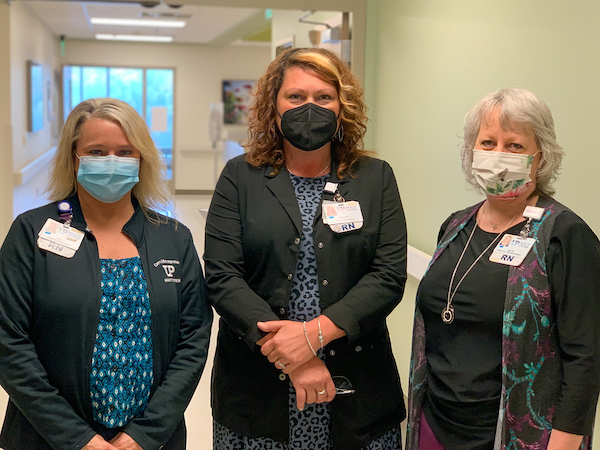
As a regional medical facility, UP Health System – Marquette receives referrals from all over the Upper Peninsula and northern parts of Wisconsin. Every patient admitted to UP Health System – Marquette has a case manager review their case to make sure the person is receiving the right level of care — whether that means the patient should be in the ICU, a step-down unit, or in a telemetry bed. Then they review the status, such as should the patient be deemed inpatient, observation, or outpatient.
“We’re like an extra pair of eyes and ears dedicated to ensuring that the patient receives appropriate, quality care. When a patient has a question or concern, we’re responsible for making sure we advocate for them by finding the right person and find an answer or solution,” said Linell McLaughlin, RN, Care Manager at UP Health System – Marquette.
Because of the nature of their work, the Care Management team is greatly invested in the health of their patients. “It’s important to be a listening ear for patients during challenging moments. It’s also motivating to be part of patient care and to see their condition improve,” said Lauren Peterman, Master Social Worker at UP Health System – Marquette.
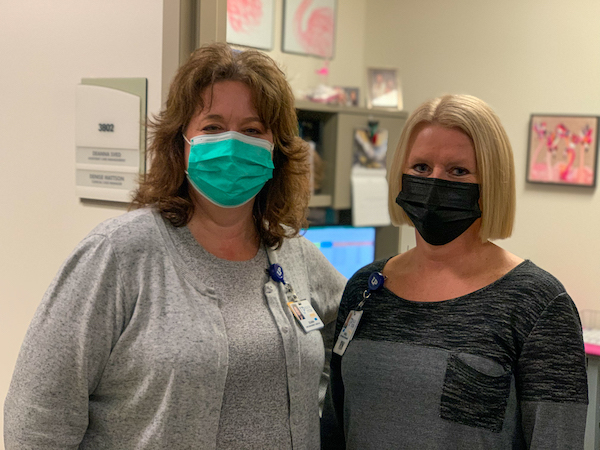
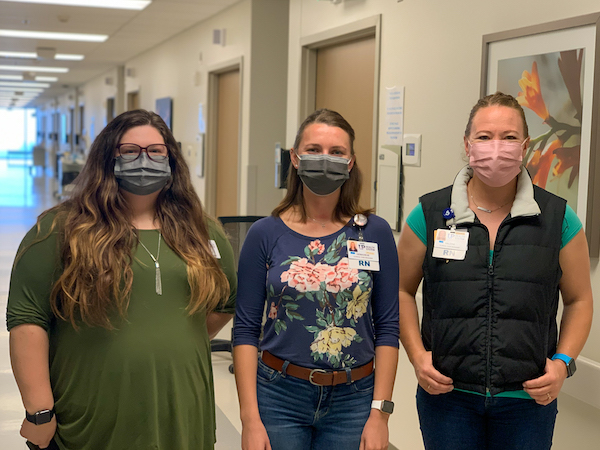
The Care Management team also works closely with other departments to create a clear discharge plan, so that patients and their families have what they need when they’re ready. The Care Management team coordinates the treatment options with various therapies including physical, occupational, speech, respiratory, and wound care, as well as working with dietitians and the pharmacy.
“We’re routinely monitoring each patients’ progress, assessing if they should remain where they are or move to a different unit — or if they might be ready to go home,” said Julie Giackino, BSN, RN, Director of Care Management at UP Health System – Marquette.
A hospital stay can be both physically and emotionally stressful. When it’s time to be discharged, many patients and their loved ones can feel overwhelmed. The Care Management team is another resource for patients as they navigate their diagnosis and unique health journey. “It’s important to me that not only the patients understand their discharge instructions, but their families as well. It’s our responsibility that they feel supported and know what resources are available to them,” said Tracey Symons, RN, Clinical Case Manager.
Many of the staff now working in Care Management have extensive experience working in other areas of healthcare, including as registered nurses. Through this experience, they have a better understanding of how to help support fellow staff involved in a patient’s care.
As the Director of Care Management, Giackino shows a lot of pride for her staff. “They’re awesome,” she said. “They work hard to care for our patients — this is our community, our families, our neighbors, our friends that we are caring for. We truly care for our patients as if they are our own families, and in some cases they are. We want to get it right for every patient, every time.”
